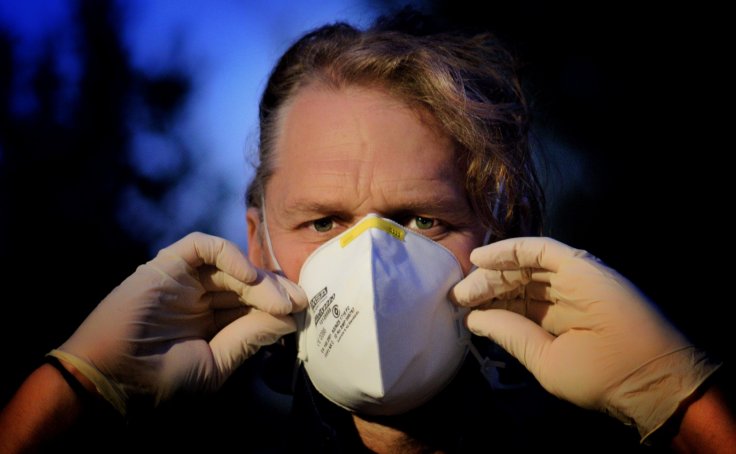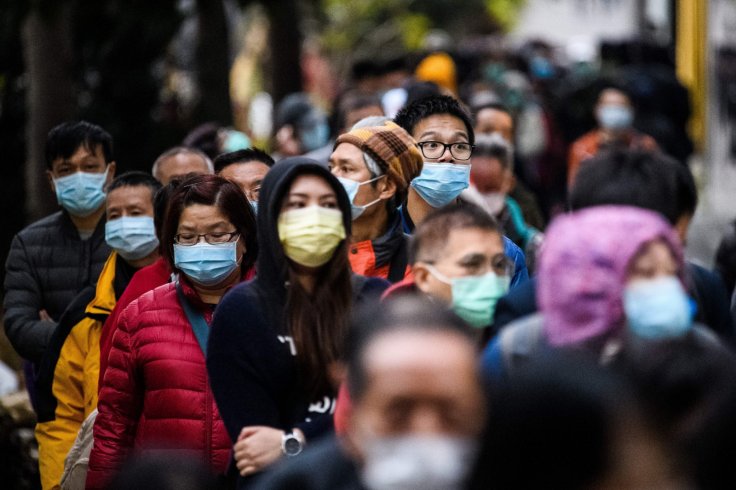A 27-year-old man, Charlie Russell was diagnosed with COVID-19 in March, but even after six months, he is struggling to lead a normal life. He cannot run five kilometers three times a week as he used to and he is not getting better at all.
Russell is one of an estimated 600,000 people with post-Coronavirus-illness in England. He said, "If I had known that I'd be this ill, I would have taken everything a lot more seriously back in March."
Russell was told that if he was infected, he is young, he would most likely not have any symptoms at all or would be sick for a couple of weeks and "that would be it." But he has suffered from chest pains, severe breathlessness, excruciating migraines, dizziness, and exhaustion—one of the legions of "long COVID" sufferers, in which people six months on are still ill and experience long-term symptoms from the Coronavirus.
Continuous Suffering

Russell is a photographer but has not worked since he fell ill. His illness lasted for just two weeks but after some time he started experiencing chest pains "like someone was sitting on me". But the hospital doctors and his general physician said that test reports showed there was no problem.
As reported by The Guardian, Frances Simpson, founder of the support group Long COVID SOS, said that many people struggle to have their symptoms taken seriously by the medical profession. But Russell changed his GP and the new doctor recommended an antibody test which confirmed that he had the virus.
Russell said when people refuse to wear masks or obey the most basic of social distance rules, it is "very, very frustrating. "I just want to shake them and say 'I've been living with this for six months." He also said many young people think if something is not affecting them directly "it almost doesn't exist."
The Coronavirus Effect
As per the latest figures from Public Health England, record numbers of young adults—people who are in their 20s—are testing positive for the disease. The data showed that over 3,000 had the virus in the first week of September. As per the experts, people who are below 40, face a much lower risk of dying from the Coronavirus, but people in their 20's like Russell are catching the virus and that number is far higher compared to other age groups.
Charles Shepherd, medical adviser to the ME Association in the U.K. that supports people with myalgic encephalomyelitis or chronic fatigue syndrome said, "We've got this terrific emphasis at the moment on the idea that younger people will be OK and the main reason they shouldn't go out is that they might infect their grannies," reported The Guardian.

Shepherd said that there is a risk that if younger people catch SARS-CoV-2 infection, they may not end up in hospital but they could have an illness that leaves them exhausted with "post-COVID syndrome." According to him, "there is a real risk for a significant minority."
According to Tim Spector, professor of genetic epidemiology at King's College London, around 600,000 people in the U.K. have some sort of post-Coronavirus illness. He said that about 12 percent of people report symptoms to the COVID-19 tracker app for longer than 30 days, while one in 200 says that the effects last for over 90 days.
Members of Long COVID SOS and other groups want the government to formally recognize the long-term impact if the Coronavirus. They are also seeking financial support for those people who are unable to work because of long-COVID and the establishment of multidisciplinary clinics to help assess and treat patients.









